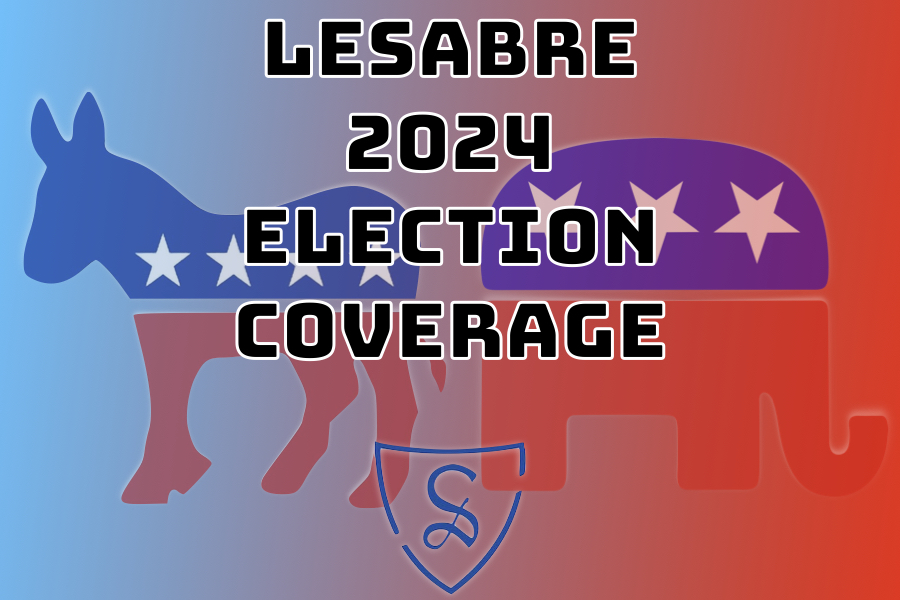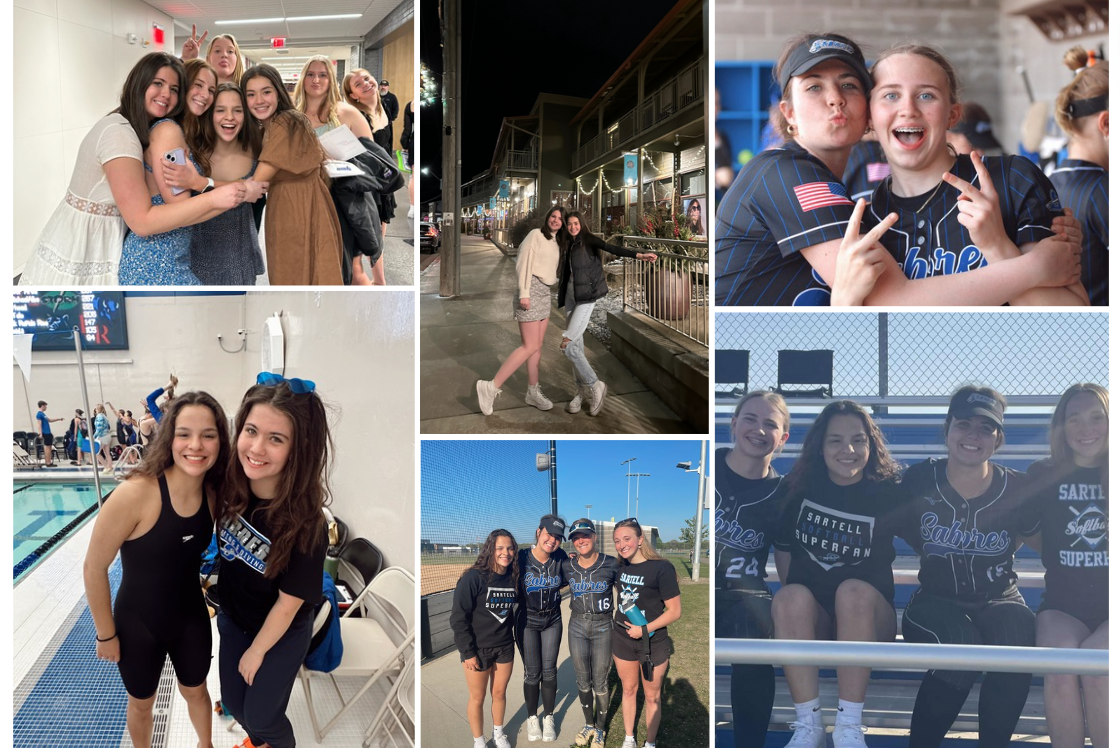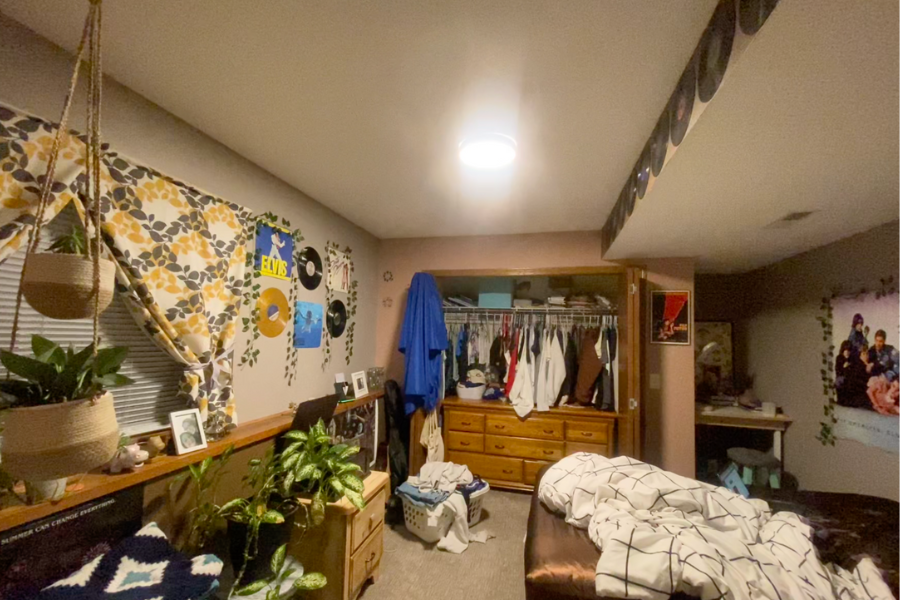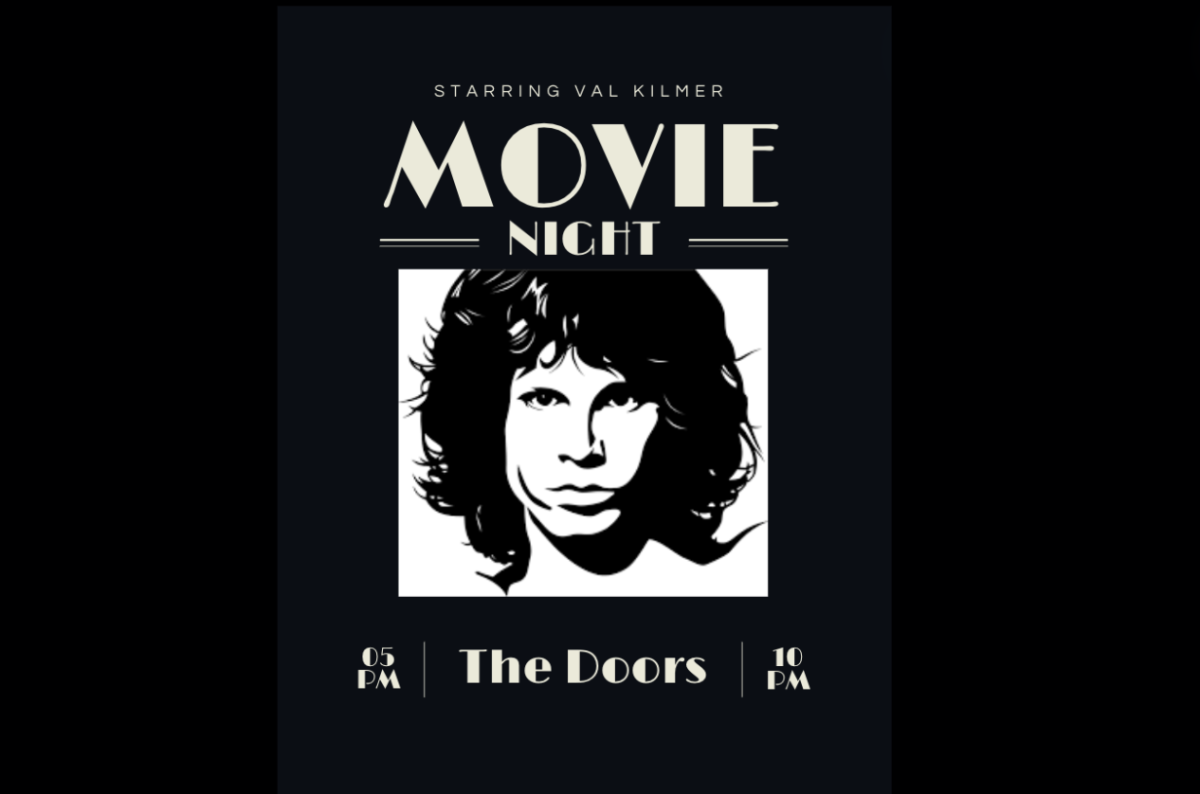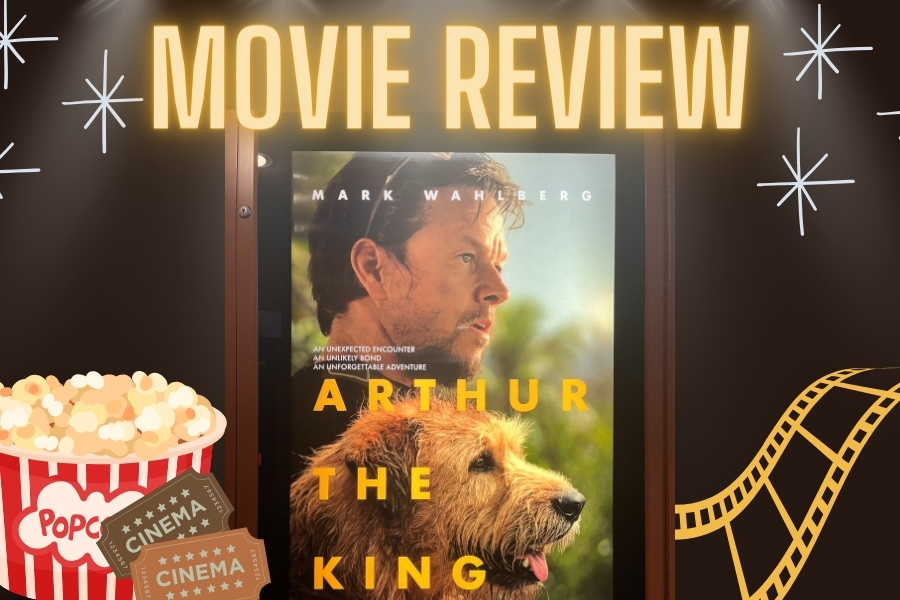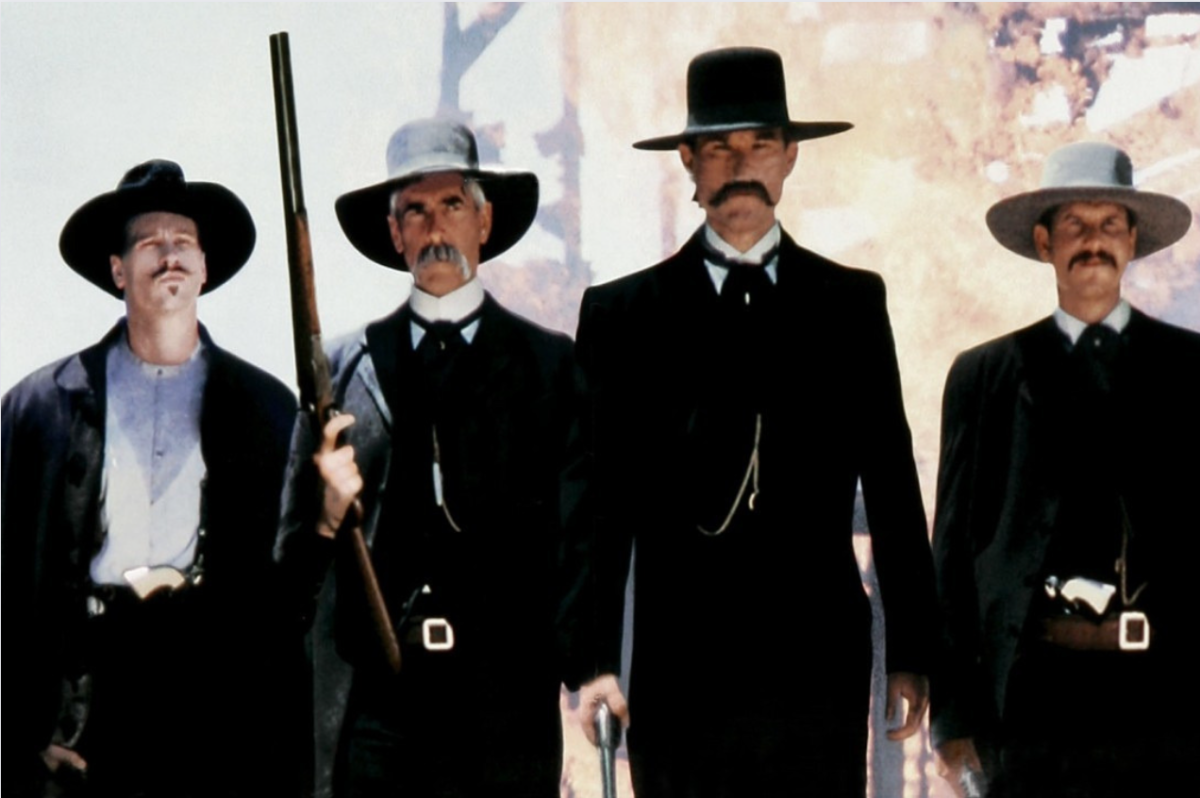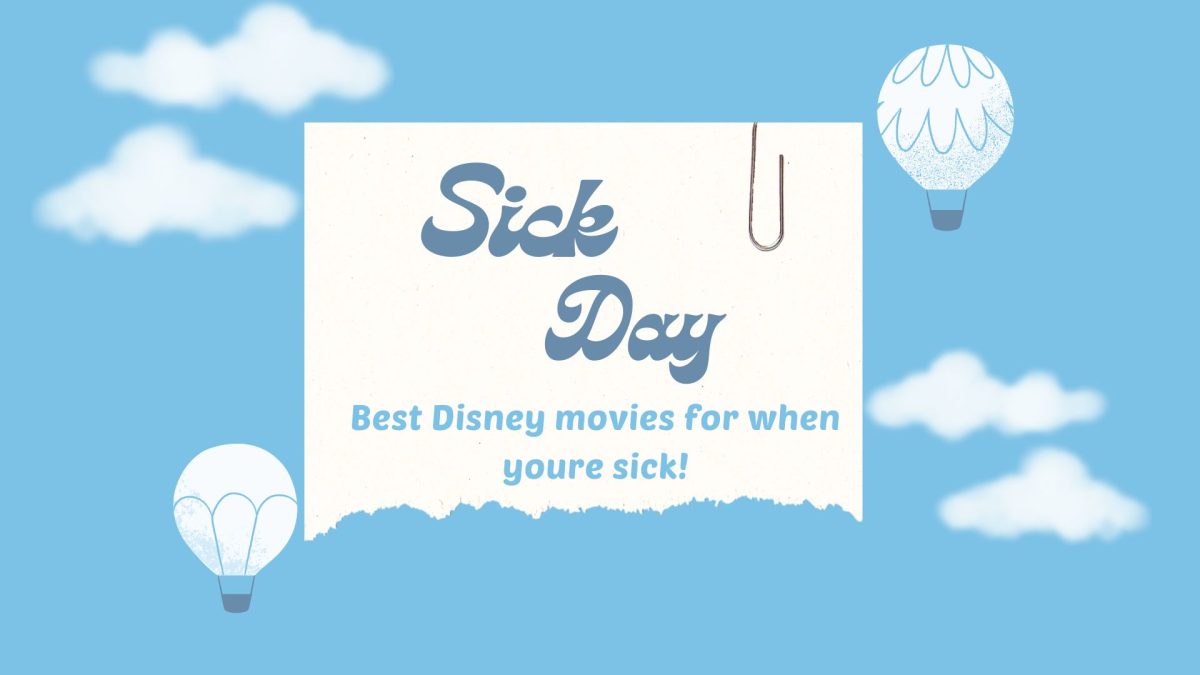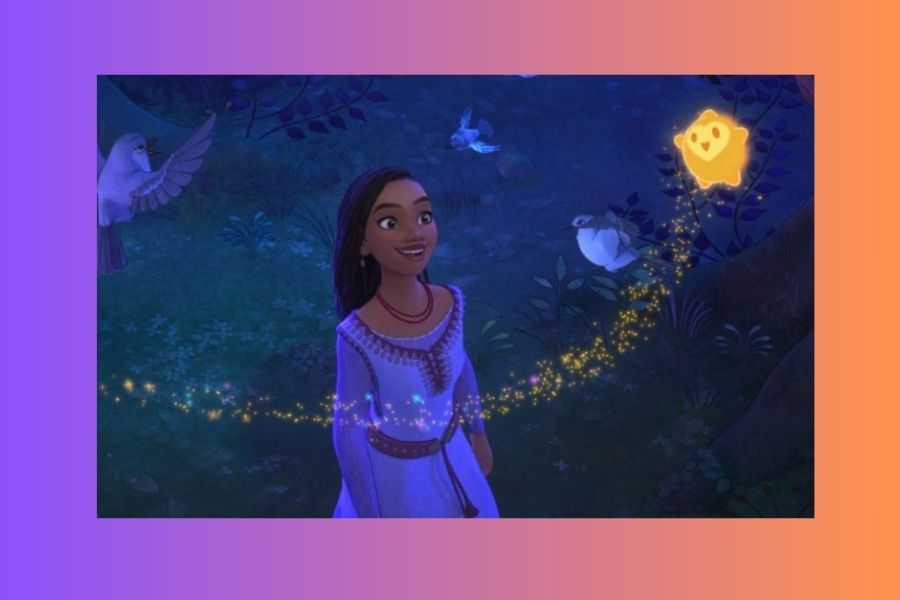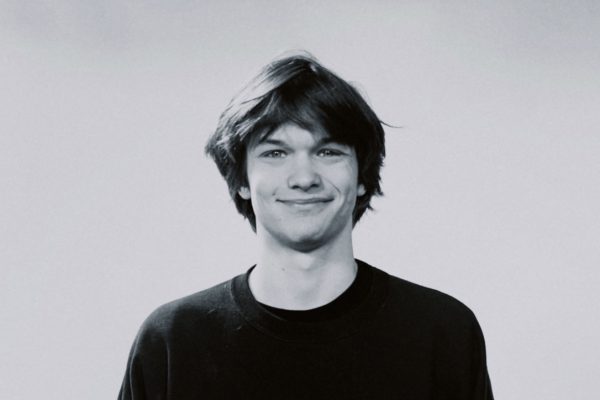“It’s about a society in a free fall. On its way down, it keeps telling itself ‘So far so good, so far so good.’ But it’s not about how you fall. It’s about how you land.”
Mathieu Kassovitz’s La Haine opens with this quote about a society in plummet. La Haine is a 1995 French film about three friends–Vinz, Saïd, and Hubert–wandering through the daze of a poverty stricken Paris suburb after a night of riots, resulting from their friend Abdel being beaten by the police.
Through the rubble and tensions, they find an officer’s lost firearm. We can see through their haze, confusion, and anger, how a society under economic and social pressure produces different reactions and attitudes towards the same situation. Using the backdrop of hip hop, boxing, and street culture, La Haine shows that what matters is not how you are while falling. What matters is how you land.
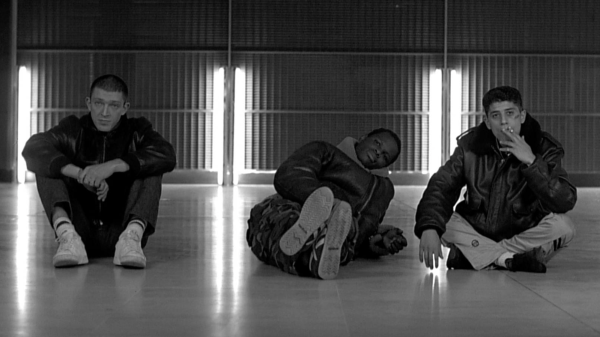
La Haine takes place in the Parisian housing projects after an intense night of rioting. The ensuing morning is calm, but signs of the city’s tense feelings are all around. Cops line the streets in riot gear, and conversation centers the night of violence. Throughout this, it keeps an air of reliability. You don’t have to live in the Paris housing projects to understand the emotions and headspace of the kids. This is where La Haine lands, for me at least. It is extremely relatable, regardless of your background. Every character feels like they are trapped and cornered by a society that hates them, and are all responding in ways that real people would. Whether it’s a desire to break free from the constraints of poverty, or to get revenge on the people who you feel put you in this position, or simply to enjoy life, the movie presents each character’s reaction to their circumstances as real and genuine and understanding.
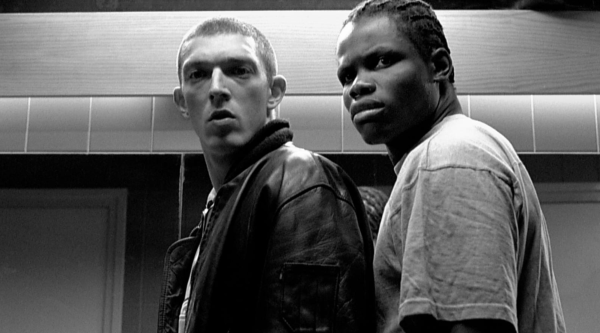
Part of what makes La Haine such an amazing film is Kassovitz embracing his influences, both film and non-film. Movies like Taxi Driver and Do The Right Thing are just as much a clear influence as rap groups such as Cypress Hill and KRS-One. Kassovitz is so open and blends his influences so well that the sheer aesthetic of La Haine are in part what make it so loveable.
The characters are decked out in Nike, Reebok, bomber jackets, and Carhartt, in a way that feels genuine and cool, not in a performative like, “Hey, look at us, we get street fashion” kind of way. Even the cops have amazing fits, with Notre Dame leather jackets and Nike high tops.
The aesthetic of the film helps do something that only a few iconic and remembered movies do. It exudes cool. Only a few other movies that aesthetically hit as hard as La Haine come to mind: Apocalypse Now, Pulp Fiction, City Of God, and a few others. In my opinion, none of these come close to La Haine. The aesthetic of street and youth culture mixed with the rawness of the plot and themes create for the perfectly raw movie.
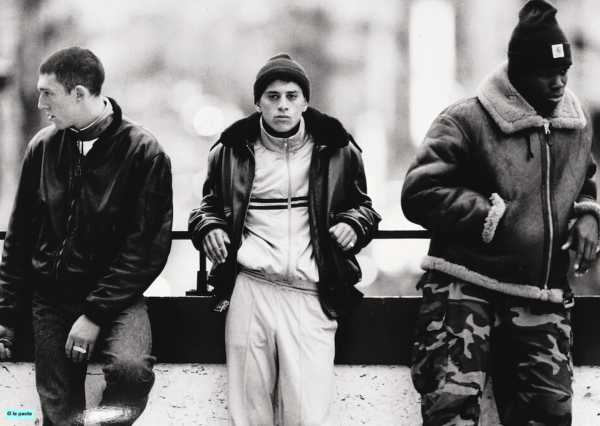
There’s a lot about this movie that I’d like to say. I could write a whole review on the ending alone, but not a whole lot more can be said without going into spoilers.
This is a movie every single person should watch.
It puts you right in the middle of a situation few people will ever feel, but somehow feels so relevant and relatable. It shows the effects of poverty and police violence on a group of kids who already feel alienated from society, and are desperate for a way out.
Vinz’s opening line sums up the movie perfectly.
“It’s about a society on its way down. And as it falls, it keeps telling itself: ‘So far so good… So far so good… So far so good.’ It’s not how you fall that matters. It’s how you land.”
You can watch La Haine on Prime Video.




